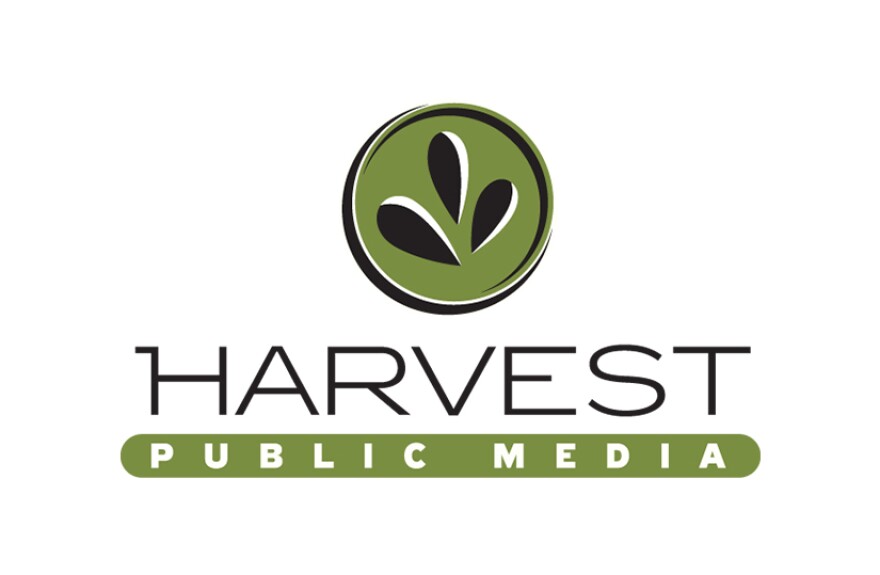-
Environmental advocates say the outlined revision ignores science and threatens water quality, while farm groups argue it offers landowners needed clarity about which parts of their land count as federally protected.
-
In 2014, the U.S. Department of Agriculture created a network of “climate hubs” to understand how climate change affects agriculture and forestry and help farmers adapt to more extreme and unpredictable weather. Now, the future of these hubs is uncertain.
-
Alpha-gal syndrome, a tickborne allergy to red meat and dairy, has become more common in the last few years. The condition poses unique challenges to the lives and livelihoods of U.S. ranchers and farmers.
-
New federal guidelines recommend Americans include full-fat dairy in their diets. While recent studies suggest full-fat milk may not harm heart health, scientists say more research is needed.
-
Cow cuddling, ice cream churning and farm tours are among the tactics dairy farmers are employing to compensate for low milk prices
-
Under the current system, producers must be the sole owner-operator of their farm or ranch to qualify for loans from the federal government. A bipartisan bill would expand the eligibility requirements for applicants.
-
From the Dakotas to Texas, wheat acres have been on the decline, due to higher temperatures, drought and farmers shifting to more profitable crops. New innovations could rejuvenate the state of wheat production.
-
Scientists in the middle of the country told Harvest Public Media that 2025 was a year of major changes and uncertainty.
-
University of Illinois researchers analyzed traces of DNA in rivers and streams to learn how strips of trees near water — called riparian buffers — impact land species.
-
Federal data found that millions of people struggled to get enough food in 2024. The report will be the final publication of such data after the U.S. Department of Agriculture said it will scrap the annual hunger survey.
Play Live Radio
Next Up:
0:00
0:00
Available On Air Stations











